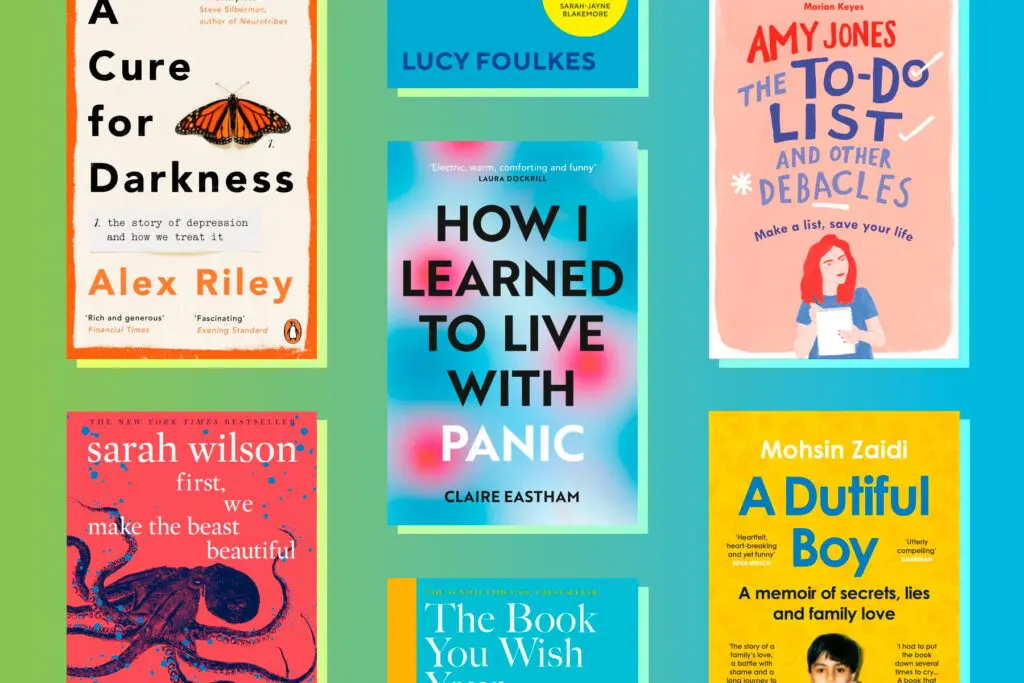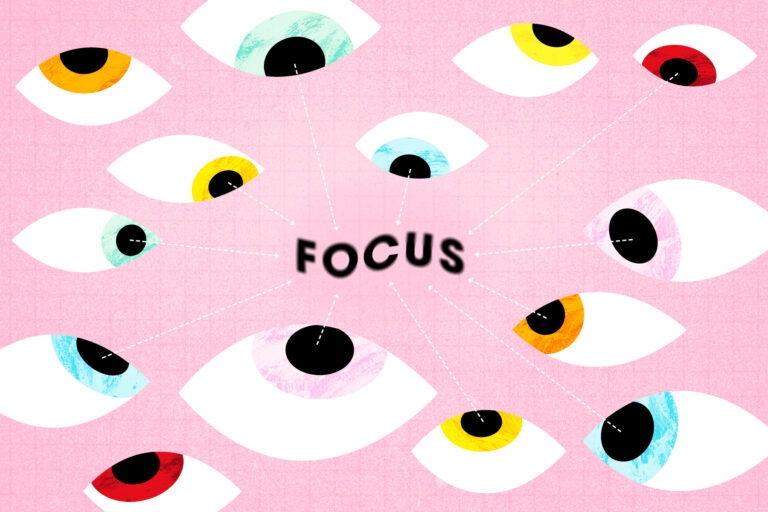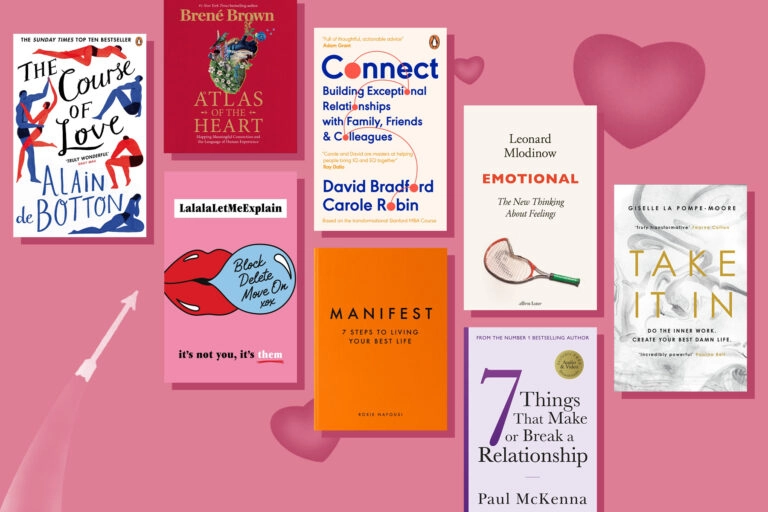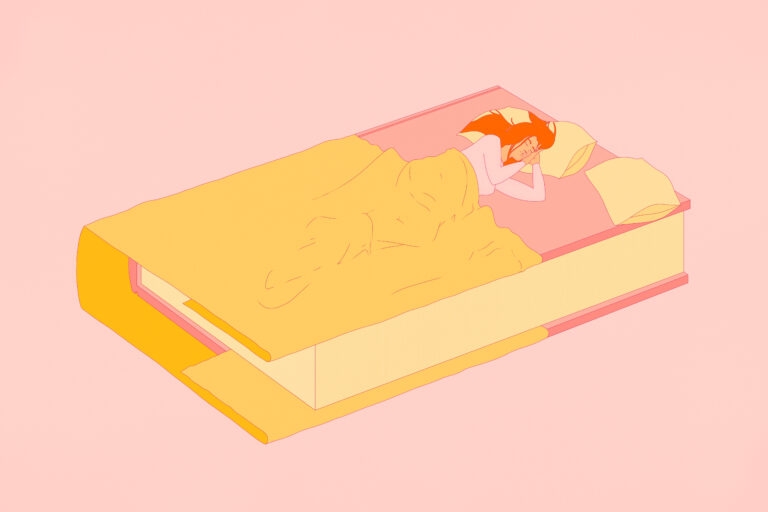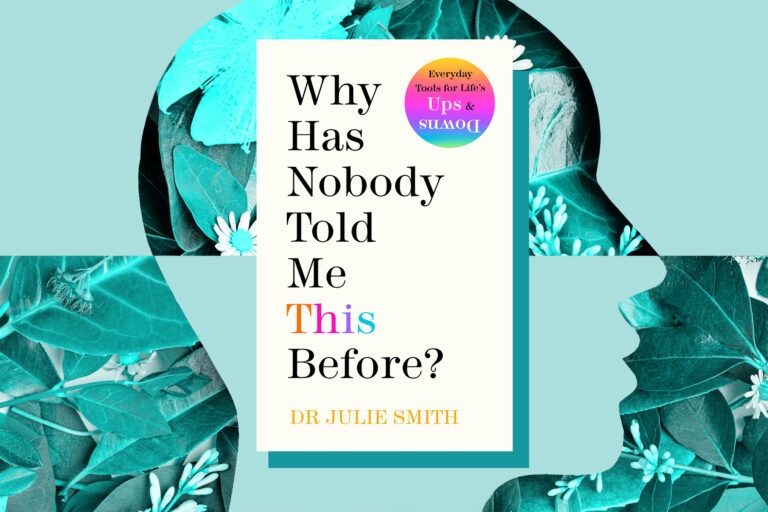Self-help, health and well-being
Our recommendations
Explore the genre
Our spotlight authors
Sign up to the Penguin newsletter
For updates, exclusive content and more
By signing up, I confirm that I'm over 16. To find out what personal data we collect and how we use it, including for our recommendations, please visit our Privacy Policy.
Articles to inspire
About our self-help, health and well-being books
The best self-help books recognise that personal development – whether from mental health books, books about mindfulness, or self-improvement books – is an never-ending journey. Whether you’re looking for secrets to business success from Steven Bartlett or The Chimp Paradox, new modes of self-care from Why Has Nobody Told Me This Before?, or new life practices from guides like Atomic Habits, 12 Rules for Life, and Surrounded By Idiots, there’s a book to help you achieve your potential.



